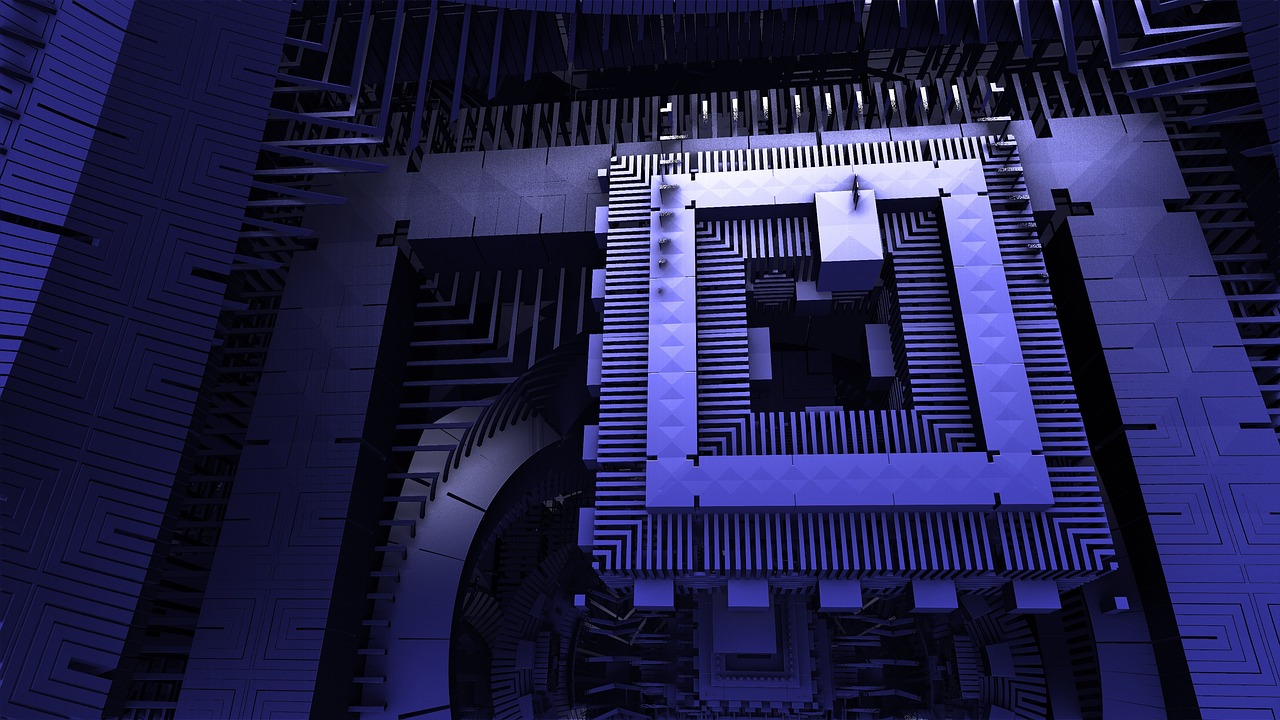Revolutionizing Philippine R&D: AI and Quantum Computing Lead the Charge
As the global technology landscape rapidly evolves, the Philippines is positioning itself at the forefront of innovation with the ELVE8PH Program. This ambitious initiative launched by the Department of Science and Technology (DOST) sets its sights on eight critical areas, including Artificial Intelligence (AI) and Quantum Computing, to propel the country's research and development (R&D) efforts. By fostering innovation and adapting to emerging technologies, the program aims to enhance the lives of Filipinos and stimulate economic growth across various sectors. With AI Virtual Hubs, smart technologies, and a focus on Industry 4.0, the future of Philippine R&D looks promising, marked by collaboration and a collective vision for progress.

Revolutionizing Philippine R&D: AI and Quantum Computing Lead the Charge
Advancing AI through Virtual Hubs
At the heart of the ELVE8PH Program is the establishment of AI Virtual Hubs. These centers are designed to be the epicenter of AI research and development, providing state-of-the-art facilities for local start-ups and fostering collaborations with both national and international institutions. The focus on AI technology is not just about keeping pace with global trends but about positioning the Philippines as a leader in AI innovation.
Statistics show that AI could contribute up to $15.7 trillion to the global economy by 2030, and the DOST’s initiative ensures that the Philippines is not left behind. By integrating AI into various sectors, the program aims to improve healthcare, enhance industrial processes, and develop smart cities.
Quantum Leap in Computing
Quantum Computing is another pillar of the ELVE8PH Program. With its potential to revolutionize fields such as cryptography, cybersecurity, and pharmaceuticals, Quantum Computing promises to outperform traditional processors and open new frontiers in technology. The global market for Quantum Computing is projected to reach $7.6 billion by 2027, and the Philippines is keen to tap into this burgeoning field.
The focus will be on developing Quantum Computing technologies that enhance problem-solving capabilities across industries, from climate forecasting to financial services. This strategic investment in Quantum Computing not only boosts the country’s technological capabilities but also prepares it for future challenges.
Smart Technologies and Industry 4.0
The integration of Smart Technologies, including the Internet of Things (IoT), 5G, and Big Data, is pivotal for creating smart cities and enhancing industrial sites. The program's emphasis on Industry 4.0 aims to keep the Philippines competitive in the global market by adopting advanced manufacturing processes, autonomous robots, and augmented reality.
For Micro, Small, and Medium Enterprises (MSMEs), these advancements represent an opportunity to stimulate economic growth and improve operational efficiency. By providing access to cutting-edge technologies, the DOST is fostering an environment where innovation drives progress.
Healthcare and Agriculture Innovation
The program also emphasizes advancements in healthcare through biologics in pharmaceuticals, focusing on drug discovery and affordable healthcare services. By collaborating with local industries, the DOST aims to enhance the quality of healthcare while making it more accessible to Filipinos.
In agriculture, smart technologies play a crucial role in addressing food security issues. Precision farming and digital agriculture technologies are expected to transform traditional farming practices, benefiting both farmers and consumers. By leveraging data analytics, the program seeks to improve crop yields and ensure a stable food supply.
Geospatial Analytics and Sustainability
Geospatial Analytics Solutions (GATES Hub) are set to revolutionize disaster risk reduction, urban planning, and environmental management. By utilizing remote sensing, GIS, and big data analytics, these hubs will provide critical insights for regional and local development.
The focus on a Circular Economy underscores the program's commitment to sustainability. By enhancing solid waste management and resource recovery, the DOST aims to reduce waste generation and promote sustainable manufacturing practices.
HONESTAI ANALYSIS: A Collective Vision for Progress
DOST Secretary Renato U. Solidum Jr. highlights the importance of collective action in achieving the program's ambitious goals. With a collaborative approach, the Philippines aims to transform its R&D landscape, ensuring that technological advancements lead to tangible improvements in the lives of its citizens.
The ELVE8PH Program represents a strategic investment in the future of Philippine R&D. By focusing on AI, Quantum Computing, and other critical areas, the country is poised to become a leader in technological innovation, driving economic growth and improving the quality of life for all Filipinos.

